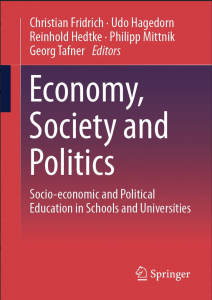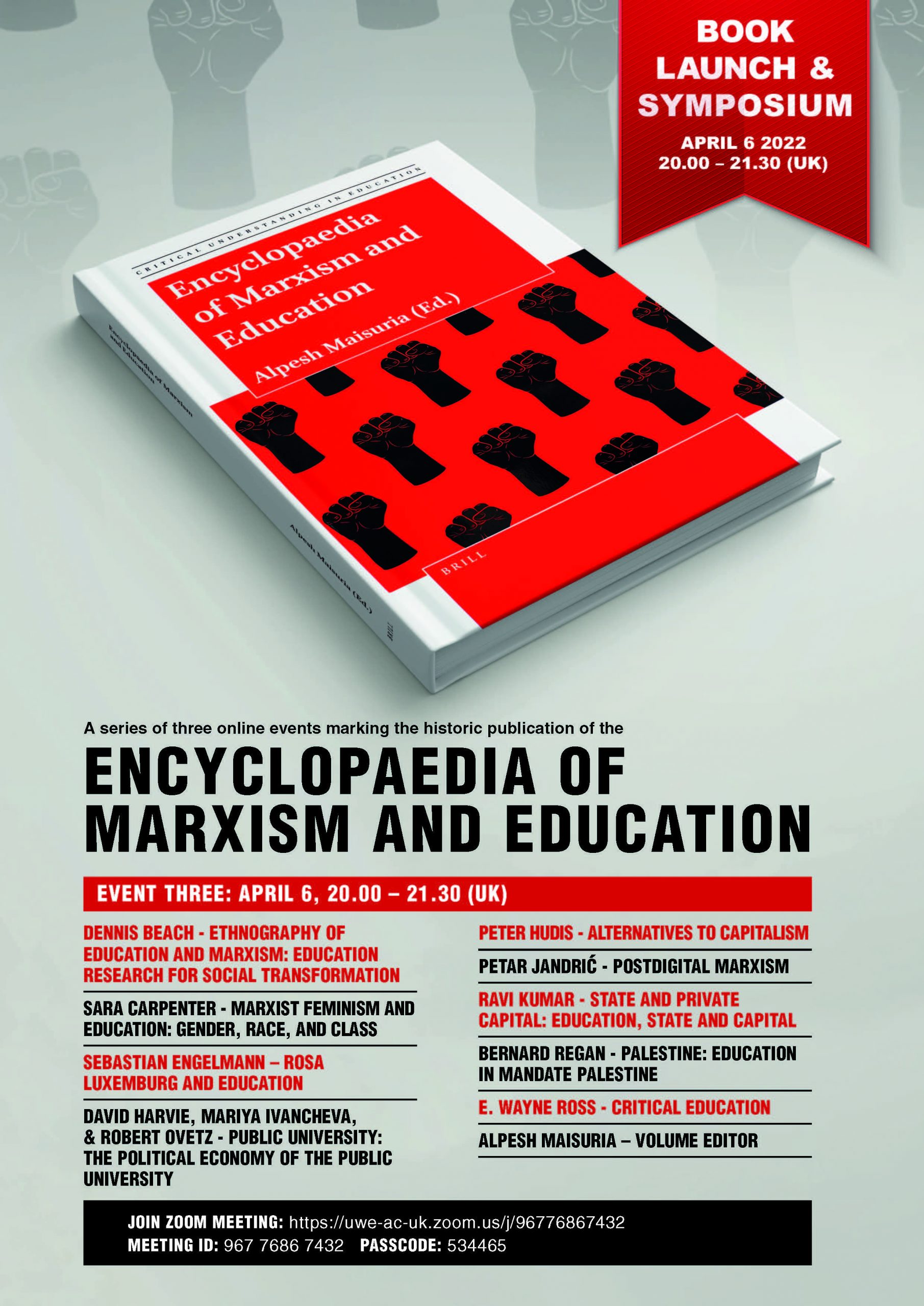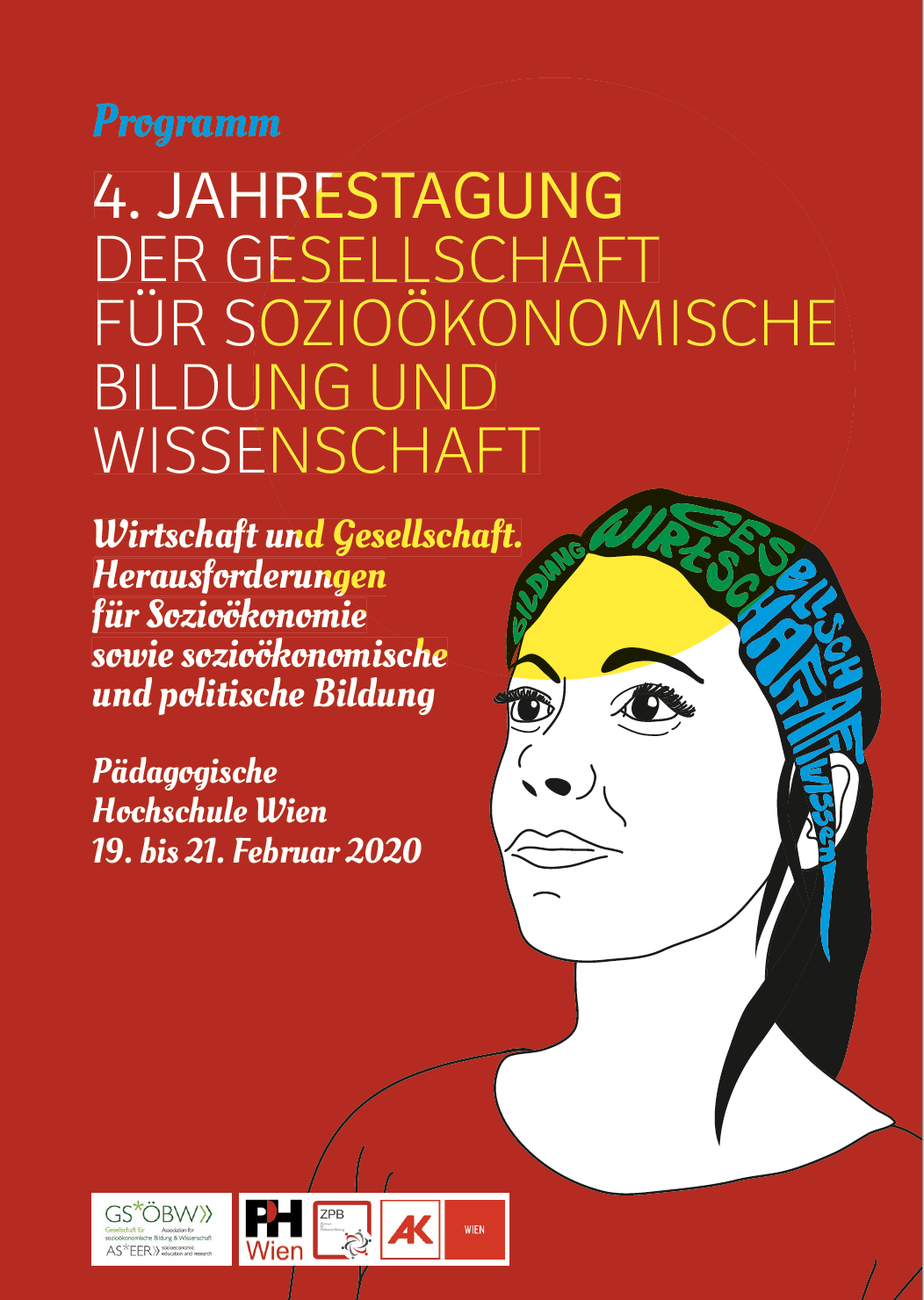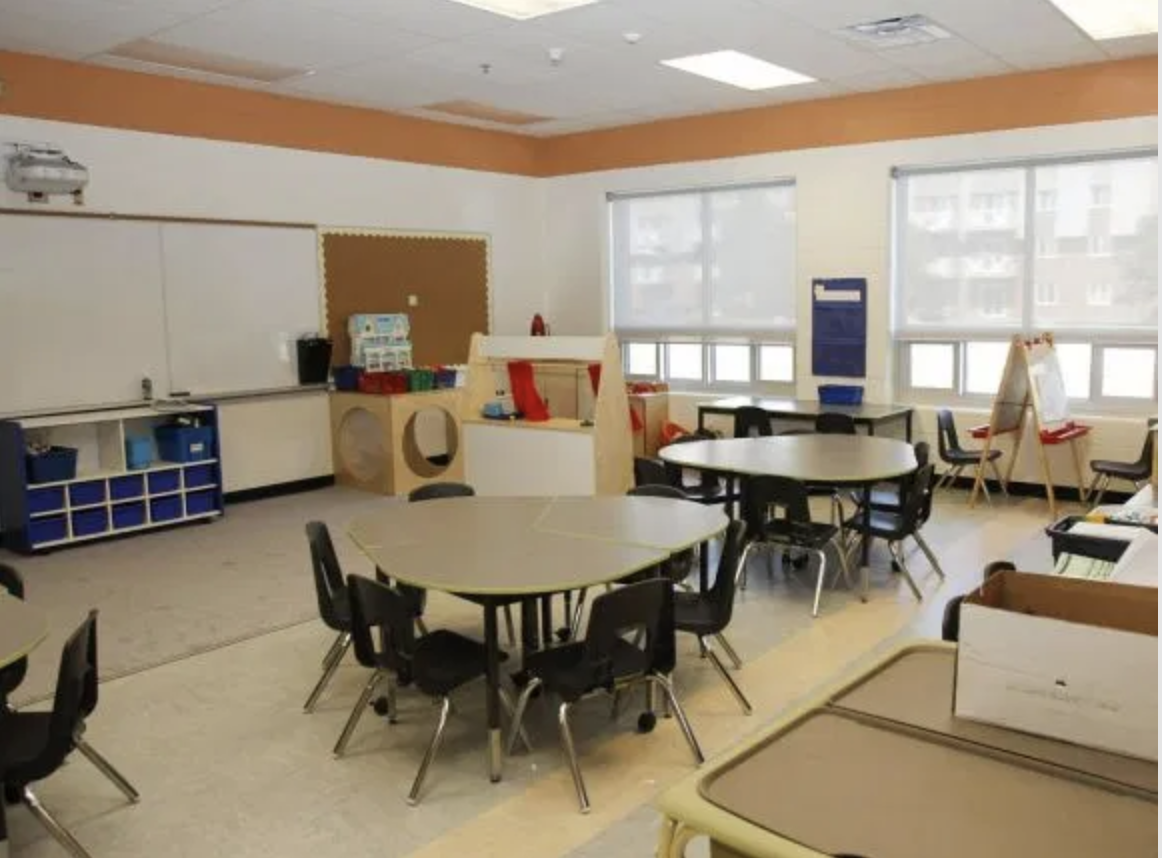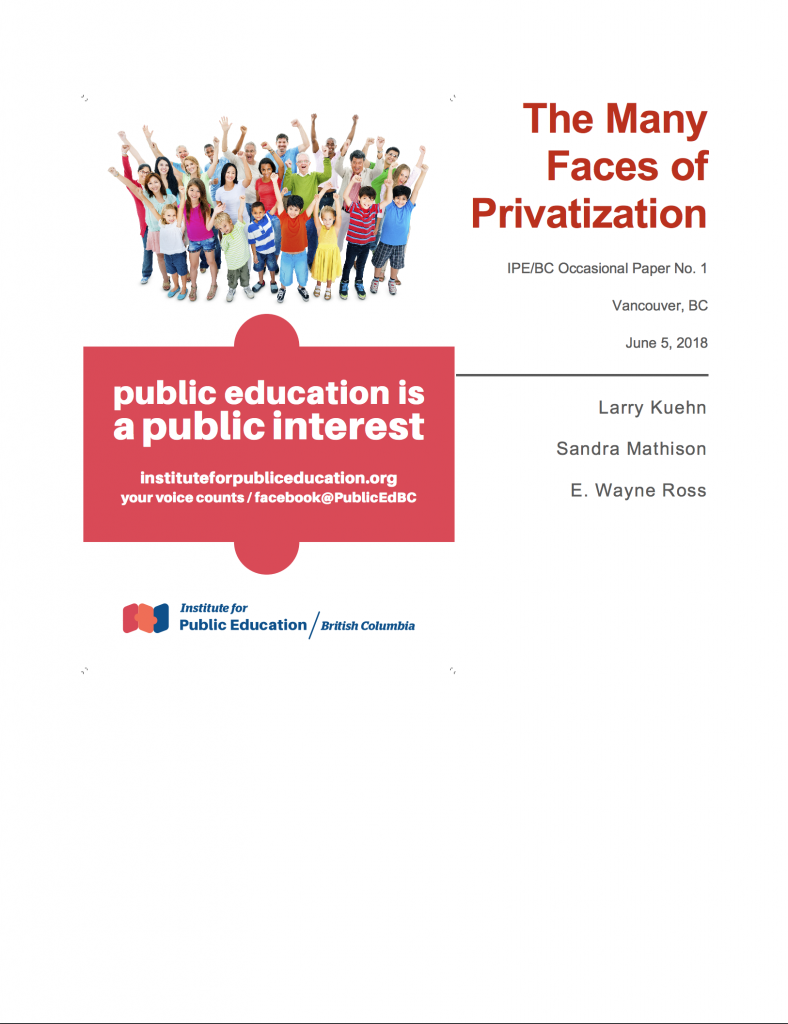The Empire is Teetering! Why is There No General Strike?
By Rich Gibson
January 4, 2025
Going downhill, like a Slinky on a staircase, the empire rolls down almost imperceptibly, until it reaches the floor and collapses in on itself.
But the empire isn’t a Slinky. It is busy with class and imperial warfare, the few attacking the many in ways more numerous than a short essay can outline.
Where is the resistance? Where are the unions?
Even conservative Catholic, David Brooks, has called for a general strike and mass civil disobedience. It only makes sense.
Let us consider our context:
Combine the vast transfer of wealth to the pecunious in the “Big Beautiful Bill,” the loss of Medicaid benefits for fourteen million people, the vast homeless crisis, climate and vaccine denial, a veritable war of the rich on the poor.
Now the hubris of a socio-pathic narcissist decapitates the head of Venezuela, kidnaps him and his wife using typically amphetamine addled Delta force based on Fort Bragg (see The Fort Bragg Cartel), flies them to New York in preparation for a trial about drugs (?).
Approximately forty people were killed in the operation: collateral damage.
Add this body count to the fast boat murders, about 100 dead, where the evidence was destroyed by guaranteeing the ship were sunk, along with two survivors who were blown up while they waved at the sky.
These were, most certainly boats full of drugs, even the one with eleven people on it—where was the room for the drugs?
Drugs– after pardoning the Honduran convicted of bringing metric tons of drugs into the US?
Consider this contradiction: Maduro is charged with enriching himself from the drug trade. Whether that is true or not, or if it is another Gulf of Tonkin tale, may take years to determine.
For his year in office, Trump and his family have enriched themselves from the ponzi scheme that is crypto (even Melania has a crypto), real estate deals, pay for play dinners with billionaires, ignoring the emoluments class.
It grew so egregious that the New York times is publishing pages of charts about the deals Trump and his allies have made, using his public office as cover for what amounts to electoral extortion.
Prattling about bringing democracy: the Constitution does not follow the flag.
Democracy talk ended on day two of the kidnapping. became, rule by proxy—likely Delcy Rodriguez, who should take a lesson from other allies and puppets, like Vietnam’s Diem (Johnson: “we killed the son of a bitch”), or Libya’s Gadaffi.
Rodriguez has been warned by the administration that if she doesn’t cooperate, “She will get something worse than Maduro.”
For her part, Rodriguez has demanded Maduro’s return.
Daughter of a guerrilla terrorist, Rodriguez, the Vice President, is also the oil minister and has been meeting with Americans for months. She is a prime candidate as the insider who made the abduction possible. And, she may well be able to cooperate. Under Maduro’s fake socialism, she was pursuing open market strategies.
Even so, democracy hasn’t ever ruled in the US.
What has ruled, and still rules, are capitalism and imperialism.
Whether we call the US a democracy (rule of the people) or a republic (somewhat distant rule of the people), they’re matched and overwhelmed by capital (rule of the few). It’s a two-sided contradiction and one side must and did win—capital.
There are answers in history, which ties the past, with the present, and organizes the future.
Founding Father, James Madison, wrote, “what if the poor vote not to pay their debts?” that would be too much democracy for any rich man.
Or, when the 1791 Whiskey Rebellion broke out after a revolution that promised equality and happiness, George Washington raised a militia of around fifteen thousand men, to attack tax protesters in Western Pennsylvania.
President Washington, who to his credit, was with the troops on battlefields during the revolution (unlike the five star hotel generals of today, parodied in the film “War Machine”) left the militia early to lower ranking officers.
They had problems: desertion, drunks, theft, but many of the ranks had no shoes and short rations.
So, how did the officers, including the gentleman Merriweather Lewis, live? The lived very well with plenty of whiskey, beef, sweets, and more.
Discipline, to enforce these inequities, was harsh—typically one hundred lashes laid on hard.
Inequality, ah, trumped, equality, fast—despite the real radicalism of the American Revolution embodied in the Declaration of Independence.
That summons to action for equality and revolution inspired radicals in France, Haiti, and Ho Chi Minh of Vietnam who wrote his declaration almost word for word from Jefferson’s.
Jefferson, per historian Stephen Ambrose, “wanted empire.” He was a slaveholder and land speculator, like Washington, two of the richest men in the country.
He and other landowner/speculators, needed more and more land to serve the soil destroyer, tobacco. It was, as always with empire, expand or die. In this case, internally, but in most cases, expand or die because another empire; now soft-economic power China, is coming.
(The US has at least 750 bases around the world. China has one. The soft power is money and people).
The US government, before and with Trump, is nothing but an executive committee and armed weapon of the ruling class, the exploiters. It is inequality, within the US and the world, not “affordability,” the Democrats mantra.
Now, back to the kidnapping.
Sun Tzu, the Chinese philosopher of war, wrote, about two thousand years ago, “know yourself, know your enemy, know the terrain, and you will win one thousand battles.”
Socio-pathic narcissists can’t know themselves, and their sycophants who trail along, all blinded by “we leader,” only know he’s a genius, that is, for public consumption, otherwise they know they are kidnapped by him.
Venezuela is a huge country, thirty million people, twice the size of Iraq. There a competing militias all over Venezuela, and two Colombian guerrilla forces. The people are armed, and were in training before the abductions. Fifteen thousand troops on ships west of Venezuela won’t be nearly enough to quell a rebellion.
Congressman Gil Cisneros says Trump wants the oil so he can process it and bring it to the US to drive down gas prices. If he is right, it’s a classic example of the US leaders not knowing the terrain, as in Vietnam, Afghanistan, and Iraq.
Venezuela’s oil processing plants are dilapidated. Over twenty years of decay means only oil rigs owned by Chevron are anywhere near full capacity. According to oil industry insiders, it will take years to bring the rigs up to capacity. Others within Trump’s orbit, promise the oil companies will be reimbursed for their efforts.
And who will reimburse them? Taxpayers from an unjust tax system where billionaires like Trump, pay little or no taxes.
Is this a diversion as a former Democratic Party presidential candidate suggests?
Yes, Trump’s popularity ratings have plummeted, and the Democrats did do will in recent elections. In New York, the voters chose a socialist, who probably won’t be able to keep his promises, like Obama’s “hope and change” demagoguery, but billionaires spent millions for Cuomo, and they lost. All true.
Then there are the Epstein files (demand the videos!) which cling to Trump like his orange makeup and wig. They were forgotten for a day.
But this military attack is part and parcel of US imperialism. It is what empire’s MUST do: join in the relentless struggle for cheap labor, raw materials (oil), regional control and markets. Empire sent the US into Vietnam (rice, tin, rubber, strategic location), Afghanistan (strategic location going back to the Great Game) and Iraq (oil again).
Rosa Luxemberg outlined empire long ago.
“In detail, capital in its struggle against societies with a natural economy pursues the following ends:
-
To gain immediate possession of important sources of productive forces such as land, game in primeval forests, minerals, precious stones and ores, products of exotic flora such as rubber, etc.
-
To ‘liberate’ labour power and to coerce it into service.
-
To introduce a commodity economy.
-
To separate trade and agriculture.”
The 2025 National Security Strategy, straight from Project 2025, expands on the 1823 Monroe Doctrine, now dubbed the Don-doctrine, declaring all of the Americas the property of the US. Trump, before the kidnapping, declared Venezuelas’ oil, “ours.”
The many-titled Marco Rubio threatened Cuba, Columbia, and Mexico, with the Venezuela treatment. Clearly, Greenland and Canada have reason to worry about the once-peacenik candidate Trump.
My “No Blood for Oil,” buttons and stickers, created in 2001, will be good for the rest of our lives.
Moments after the kidnappings were announced, lawyers leaped forward to declare the actions illegal, under so many laws that I lost count: the UN Charter, no involvement of congress, the War Powers Act, and more. But the law is merely a reflection of political and economic reality. US law is PROPERTY law. There is no right to have a job, home, health care—it’s not about human rights, it is about power, and usually money.
And so, it’s only illegal if you get caught, and sure they are caught, after all they caught themselves by announcing the kidnapping.
No law is going to stop them. Trump has immunity. He can pardon the other co-conspirators in murder and kidnapping, and that will be that.
And, immediately after I heard the big news, I got an email from the Democratic Party Front, Move-on, urging donations and plans to petition congress, and let’s vote in the mid-terms.
Nobody ever voted their way out of fascism, and that is what this modern tyranny is. It will take a mass, activist, anti-racist, class conscious movement with experience in direct action, on the job and off.
General Strike?
Let us wrap up with why there will be no general strike.
I have never been able to get off the merry-go-round of the bogus US unions. I have been writing about them for nearly 20 years, often on Counterpunch.
A sidelight of imperialism is that the core empire loots enough goods and money to bribe certain sections of the working class. Lenin demonstrated this more than 100 years ago. It’s still true.
The upshot of this is that the union bosses who, as above, believe and benefit from, Partners in Production, sell the pacified labor of the union members to the Big Bosses, in exchange for dues income, off of which the labors bosses live very well.
Foe example, a past president of the National Education Union, where I once worked as an organizer, when NEA was actually a union on the early ’80s, made $686, 949 in his last year in office—this in a union where many school workers live in trailers.
It follows that a general strike led by rank and file activists, would upend that sweet deal. They’d realize the union bosses would become worse than irrelevant—enemies. The union bosses know they are corrupt, and they are going to protect their corruption at all costs.
A United Auto Workers president threatened to kill a dissenter in his inner circle.
In the unlikely event that some accelerator, like the Tunisian fruit vendor who self-immolated to set off the disastrous “Arab Spring,” should create a series of rolling strike that coalesce as a General Strike, expect a violent response.
ICE, Border Patrol, and Trump’s own SS, the Proud Boys, the Oath Keepers, unmarked masked men, and others will certainly mobilize and, as in past strikes, like the railroad strike of 1877, people will begin to be “shot back to work.”
Simply withdrawing labor may not be enough.
All the forces of the state, the police, the courts, almost all of congress, the mainstream media, and most cultural institutions would be arrayed against strikers and their allies.
And, then, in the even unlikelier event that class consciousness sees the state itself as a target, the planning gets beyond my pay grade, and my crystal ball becomes opaque. While I like the Declaration’s call for the necessity of revolution, and I have already laid out plenty of similar grievances, a 21st century revolution is difficult for me to imagine.
This is the best I can do. I’ve been thinking and acting like this for more than six decades. The youngers will have to pick up where parts of my generation left off (so many mistakes, sad to say) and carry on the fight for equality and justice.
One last thing.
Justice demands organization. A critical examination of past parties, and the contradictions of democratic centralism, must push forward our battle,
Rich Gibson is professor emeritus of history from San Diego State University. He, with Wayne Ross, is the founder of the Rouge Forum. He can be contacted at: RG@Richgibson.com

